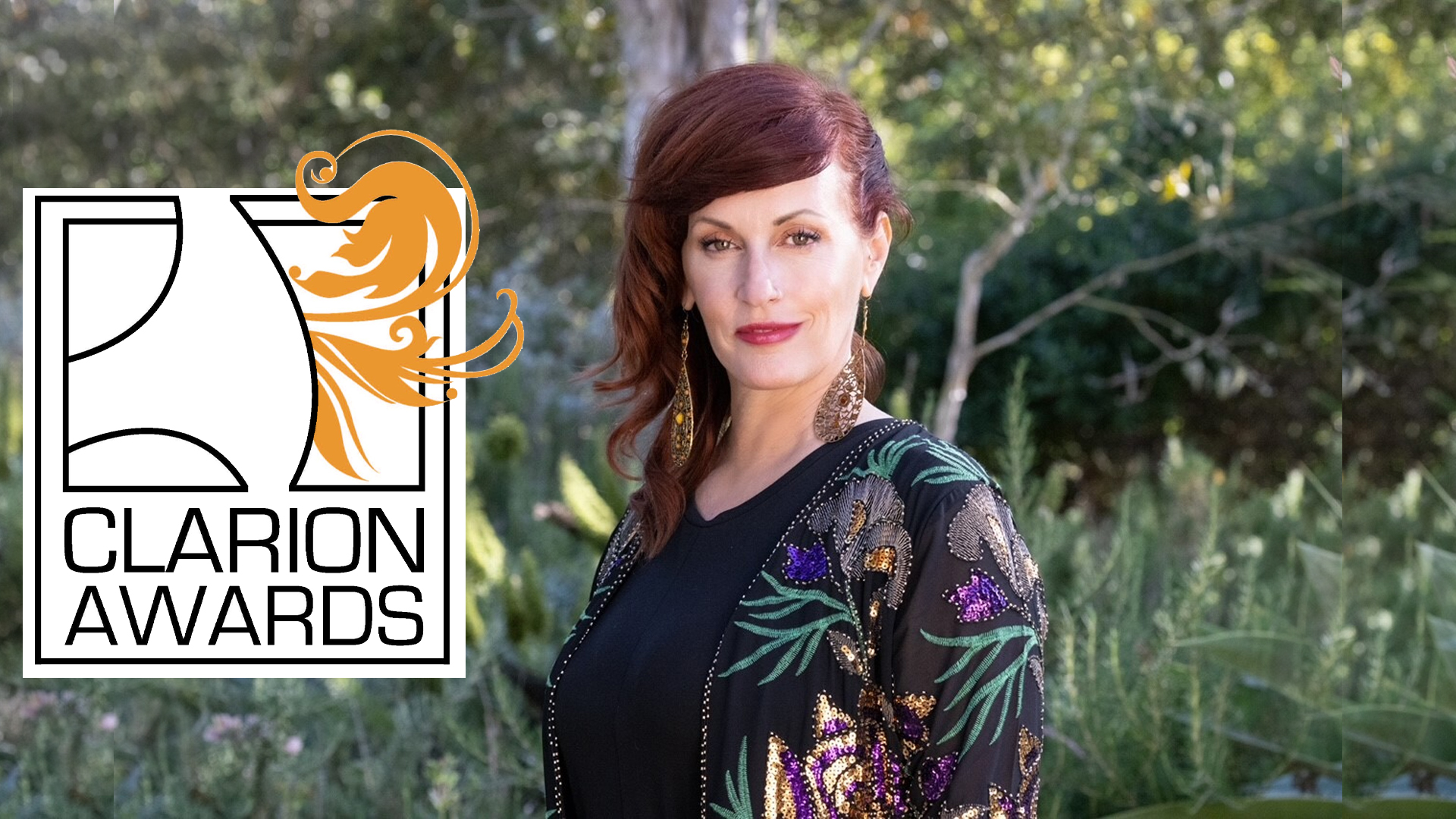EBC Blog: Making the Best of It: A New Model for Understanding and Building Resilience
Guest Blogger: Susan Auger, PhD, https://berkeassociates.com/services/resilience/

We are facing challenges and changes on many fronts, individually and collectively, that can perpetuate a sense of unrelenting stress. We, and our systems, are being challenged to develop our capabilities for continuous learning, agility, and resiliency.
As many studies bear out, resiliency is multi-faceted and an ordinary capacity that we all have. Although it is innate, it can be learned. So a key question is how can we tap into and strengthen this implicit capability?
The theory of making the best of it (or MBOI) is a basic process for lifelong learning and development. I developed the theory using classic grounded theory methodology.
As an applied model in coaching, it helps make the implicit, explicit. This supports us in being more conscious of our contexts and intentional about our choices, mindsets, feelings, and behaviors in order to grow and to build and maintain our resiliency.
The MBOI theory explains the ways that people navigate life experiences that involve a sense of disruption, tension or disequilibrium in the best way they can, while avoiding or minimizing negative outcomes for themselves and others. It’s a non-linear process with five interconnected stages. Turning points can be inner or outer influences that stimulate movement in the process.
The MBOI framework lends itself to coaching because there is no right or wrong way to move through the process. We can use it to quickly assess and meet people at whatever stage they are, with whatever turning points might be involved. It’s a great model for reflexive learning and cultivating self-awareness.
Since the process is context-dependent, it provides a framework for critical thinking and connecting the dots regarding the myriad of conditions and situations that can affect us and that also impact, for example, our relationships, resources, and options. This bidirectional dynamic allows us to examine how we, as change agents, may also affect or influence ourselves, our relationships, and contexts.
In the MBOI model, a coaching session is situated in the ‘coming home’ stage, where individuals are typically working on centering, connecting, and assessing activities. Individual resiliency skills, such as cultivating self-awareness, a sense of purpose, self-care, and supportive relationships, are fostered naturally as part of the coaching process.
However, individual resilience is only part of a complex, multi-faceted systems phenomena. One example is that you can put several resilient people together on a team and it doesn’t mean that the team will be resilient.
The MBOI theory fits within a complex adaptive systems paradigm, providing a framework to understand resilience through a
systems lens. What is the value of this systems framework? The MBOI model helps illumine the interconnections between other
facets of resilience such as group (family, team, organizational) resilience, resilience capacity, and resilience trajectories in an easy to understand way. This supports the ability to understand and integrate resilience knowledge and skills for individuals across professional and organizational domains in leadership development and efforts to build resilient cultures in teams and organizations in these turbulent times.
Evidence Based Coaching (EBC) Thought Leaders Webinar: Making the Best of It: A New Model for Understanding and Building Resilience
Was held on Wednesday, February 12, 2020. Watch this Video now at https://youtu.be/tgiFCxoa0V4
Speaker: Susan Auger, PhD, https://berkeassociates.com/services/resilience/
Host: Terry H. Hildebrandt, PhD, MCC, MCEC – Director of Evidence Based Coaching, Fielding Graduate University
As organizational coaches, trainers and consultants, we have first-hand knowledge of the long bouts of stress that our clients have to weather. The volume of workload and the velocity of change, makes it nearly impossible for many organizational leaders to find time to recover from one difficult episode before the next begins. The MBOI Coaching model provides a framework for understanding and reflecting on ways to build one’s capacity to grow and be resilient in the midst of challenges. It can also be used to examine patterns of behavior that may lead to burnout, especially over time. In this webinar, we will discuss an overview of the MBOI model and its five stages, including examples of how you might use the framework with your clients.
Watch this Video now at https://youtu.be/tgiFCxoa0V4
Bio of Susan Auger, PhD – https://berkeassociates.com/services/resilience/
Dr. Susan Auger is an executive coach and management consultant with over 20 years of experience. She works with executive leaders and their organizations to generate insights and creative approaches to enhance leadership effectiveness and team performance. Susan specializes in cultivating collaborative leadership skills and conditions that support individual and organizational resilience. The ‘Making the Best of It’ (MBOI) resiliency model is based on Susan’s grounded theory doctoral research.
For more on Fielding’s EBC Coach Training Program, see http://coach.fielding.edu
#coach #ebc #fielding #coachtraining #coaching #evidencebasedcoaching
Join Over 7,500 Fielding Alumni Located Around The World!
Change the world. Start with yours.™






Get Social